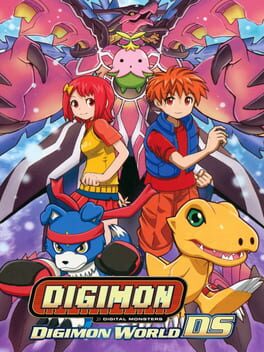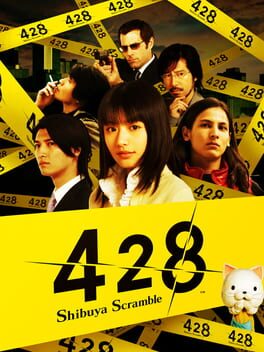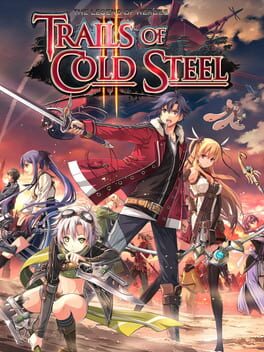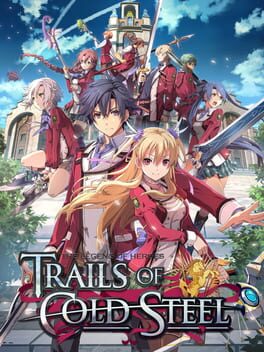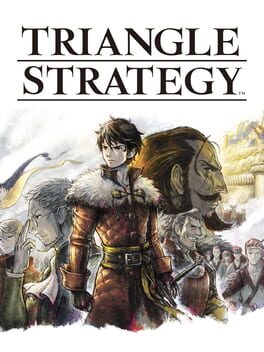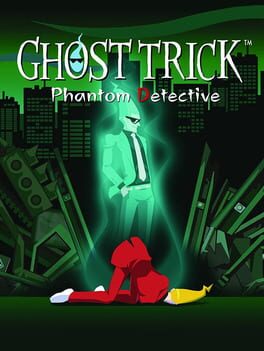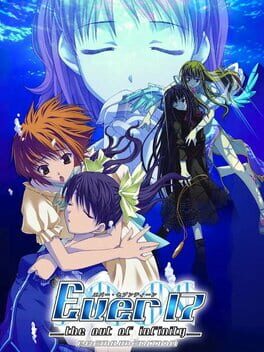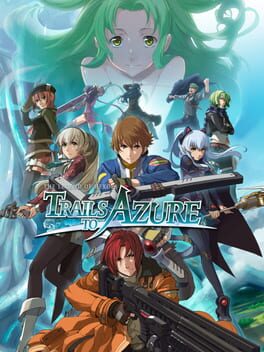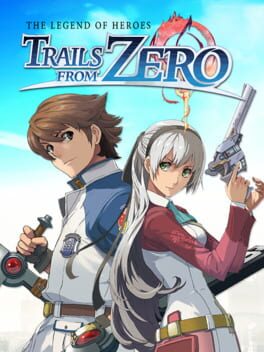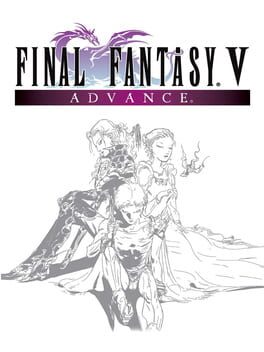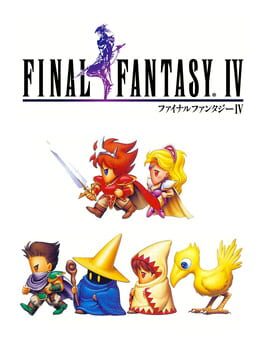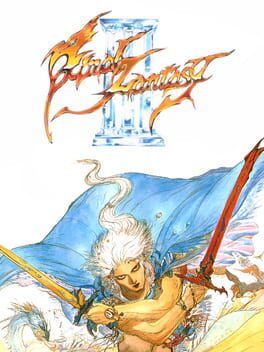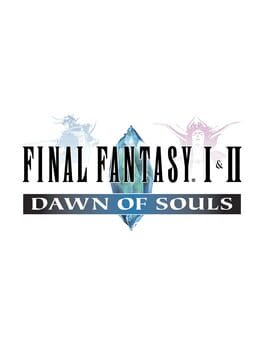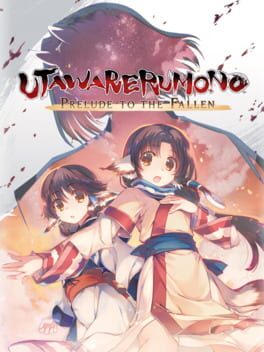falsenine
2006
This review contains spoilers
It's great.
Many of the criticisms of this game tend to be incredibly overblown or piggybacked off of poor writing decisions from Cold Steel III that are applied retroactively. What I experienced when I played this game, however, was an unforgettable RPG, one of the best instances of Falcom balancing the "video game" aspect of Kiseki with the "narrative" one. In addition to the open-ended exploration, there's an overall sense of freedom and outright "fun" not really felt since Sky FC, or after the fact.
CSII lifts the veil on a nation consumed by strife and serves as a payoff for the idyllic days of Cold Steel I, which the game warned you would not last. Falcom is often criticized for a lack of maturity in their writing in modern games but I have always felt that CSII tends to tell the story of young students - rather than hardened soldiers - thrust into a war-torn environment very well. There's a real emotional weight felt upon the characters reuniting with their old friends, and a delusion that things will go back to the way they once were that is unequivocally shattered by the harsh hand of reality. Rean is at his absolute best as a character here and it's a shame that further games did not expand on this aspect of him - a young man desperate to be a hero to justify his own existence given his status as an illegitimate noble son. And yet, like with the war itself, the lofty goal of heroism and noble ideals is often far from the reality Rean finds himself in, making for a bittersweet but powerful experience.
Many of the criticisms of this game tend to be incredibly overblown or piggybacked off of poor writing decisions from Cold Steel III that are applied retroactively. What I experienced when I played this game, however, was an unforgettable RPG, one of the best instances of Falcom balancing the "video game" aspect of Kiseki with the "narrative" one. In addition to the open-ended exploration, there's an overall sense of freedom and outright "fun" not really felt since Sky FC, or after the fact.
CSII lifts the veil on a nation consumed by strife and serves as a payoff for the idyllic days of Cold Steel I, which the game warned you would not last. Falcom is often criticized for a lack of maturity in their writing in modern games but I have always felt that CSII tends to tell the story of young students - rather than hardened soldiers - thrust into a war-torn environment very well. There's a real emotional weight felt upon the characters reuniting with their old friends, and a delusion that things will go back to the way they once were that is unequivocally shattered by the harsh hand of reality. Rean is at his absolute best as a character here and it's a shame that further games did not expand on this aspect of him - a young man desperate to be a hero to justify his own existence given his status as an illegitimate noble son. And yet, like with the war itself, the lofty goal of heroism and noble ideals is often far from the reality Rean finds himself in, making for a bittersweet but powerful experience.
The game that got me into the finest RPG series there is. A fantastic, immersive experience that sells you on the fascinating Empire of Erebonia that Falcom has created. The combat is excellent and the OST is perhaps the best I have ever heard in any game. Class VII and even the minor students from Thors are incredibly endearing and, having completed the journey as of Cold Steel IV, you tend to gain a certain fondness for where it all started.
2022
A fantastic game and dare I say a modern classic.
TS is a pure passion project and the brainchild of a dev team that truly loves tactical RPGs. The gameplay is phenomenal and the level design is [for the most part] great throughout.
Narratively it is excellent and goes to places where few other RPGs go. This is one of the only games where the player assumes a character with a noble rank and must actually justify it as a lord of their subjects, one of the only games where feudalism is examined and deconstructed instead of merely being a set piece. Rather than rely on the usual demons or dark magic or ancient evils awakening, it's a human story about conviction, one that shows humanity at its worst, as well as its finest.
EDIT 1/24/24: Bumping this up to a 10 after ruminating it on a bit, or actually a lot. The gameplay and map design is something truly special and unapologetically "tactical" while still retaining balance. The tradeoff of freedom in unit building is an acceptable design choice because of the sheer amount of class variety within the units you are given and the fact that the game's difficulty and balanced are preserved by excluding the player from beating the game in menus and stats screens rather than on the battlefield. Depth is not found here through complex mechanic systems whose freedom ultimately amounts to offering many avenues to break the game, but through the maps themselves, where concepts such as board control, unit matchups, map assessment, individual turn value, and team synergy come into play.
Each of the endings are also written in such a deft and nuanced manner that I don't think I appreciated them enough when I initially beat Triangle Strategy, nor did I get past scratching the surface of their narrative importance. I no longer see the Serenoa Route as a "a nice touch on an otherwise naively optimistic concept of a Golden Route/True End" but a deeply important execution of the game's central themes and Serenoa's own character. The 3 normal endings show paths founded in resignation to ideals that Serenoa sympathizes with but ultimately represent the states of his 3 desperate companinons more than it represents him.
These endings show the consequences of following an ultimately myopic path, but the Serenoa Route is so great because it's about carving a path that isn't there; a manifestation of an unflinching dedication to conviction that is achieved without turning a deaf ear to the voices of others, but rather by working in harmony with them to produce a truly equitable outcome. Rather than resigning oneself to cynicism in regards to changing a discordant world or satisfaction with modest improvements to it, Triangle Strategy maintains that there is always hope to create a world where human life is valued rather than exploited. Serenoa's Route shows that having such hope isn't a notion of the foolishly idealistic but rather a trait of one who has high moral character, however it offers the caveat that your hope will indeed remain an empty ideal if you lack the legwork and political power to actually manifest this desire for a better world into reality. This harks back to Serenoa's own position, and the authority he holds along with the many heavy decisions he must make; his ending is the culmination of all of the choices he was faced with to get to this point, and the knowledge he has gained from making them and taking in the state of the world around him. Every other choice Serenoa is faced with that lead to the 3 normal endings are ultimately functions of an unjust world, whereas Serenoa's ending is his character's own realized vision for a better one - its execution is the product of his labor to unravel many of the long-standing institutions that perpetuate Norzelia's deep injusice. The obstacle in the way becomes the way.
Triangle Strategy is a decade ahead of its time (or perhaps it's simply making up for the decade when the TRPG genre was in the doldrums) and if this isn't a 10 I honestly don't know what is. Almost 2 years after it's release I can't stop thinking about this game. MASTERCLASS.
TS is a pure passion project and the brainchild of a dev team that truly loves tactical RPGs. The gameplay is phenomenal and the level design is [for the most part] great throughout.
Narratively it is excellent and goes to places where few other RPGs go. This is one of the only games where the player assumes a character with a noble rank and must actually justify it as a lord of their subjects, one of the only games where feudalism is examined and deconstructed instead of merely being a set piece. Rather than rely on the usual demons or dark magic or ancient evils awakening, it's a human story about conviction, one that shows humanity at its worst, as well as its finest.
EDIT 1/24/24: Bumping this up to a 10 after ruminating it on a bit, or actually a lot. The gameplay and map design is something truly special and unapologetically "tactical" while still retaining balance. The tradeoff of freedom in unit building is an acceptable design choice because of the sheer amount of class variety within the units you are given and the fact that the game's difficulty and balanced are preserved by excluding the player from beating the game in menus and stats screens rather than on the battlefield. Depth is not found here through complex mechanic systems whose freedom ultimately amounts to offering many avenues to break the game, but through the maps themselves, where concepts such as board control, unit matchups, map assessment, individual turn value, and team synergy come into play.
Each of the endings are also written in such a deft and nuanced manner that I don't think I appreciated them enough when I initially beat Triangle Strategy, nor did I get past scratching the surface of their narrative importance. I no longer see the Serenoa Route as a "a nice touch on an otherwise naively optimistic concept of a Golden Route/True End" but a deeply important execution of the game's central themes and Serenoa's own character. The 3 normal endings show paths founded in resignation to ideals that Serenoa sympathizes with but ultimately represent the states of his 3 desperate companinons more than it represents him.
These endings show the consequences of following an ultimately myopic path, but the Serenoa Route is so great because it's about carving a path that isn't there; a manifestation of an unflinching dedication to conviction that is achieved without turning a deaf ear to the voices of others, but rather by working in harmony with them to produce a truly equitable outcome. Rather than resigning oneself to cynicism in regards to changing a discordant world or satisfaction with modest improvements to it, Triangle Strategy maintains that there is always hope to create a world where human life is valued rather than exploited. Serenoa's Route shows that having such hope isn't a notion of the foolishly idealistic but rather a trait of one who has high moral character, however it offers the caveat that your hope will indeed remain an empty ideal if you lack the legwork and political power to actually manifest this desire for a better world into reality. This harks back to Serenoa's own position, and the authority he holds along with the many heavy decisions he must make; his ending is the culmination of all of the choices he was faced with to get to this point, and the knowledge he has gained from making them and taking in the state of the world around him. Every other choice Serenoa is faced with that lead to the 3 normal endings are ultimately functions of an unjust world, whereas Serenoa's ending is his character's own realized vision for a better one - its execution is the product of his labor to unravel many of the long-standing institutions that perpetuate Norzelia's deep injusice. The obstacle in the way becomes the way.
Triangle Strategy is a decade ahead of its time (or perhaps it's simply making up for the decade when the TRPG genre was in the doldrums) and if this isn't a 10 I honestly don't know what is. Almost 2 years after it's release I can't stop thinking about this game. MASTERCLASS.
Played this many years ago but it's an excellent game. Addictive gameplay, fantastic art direction and a well-crafted narrative keep the player constantly engaged. Pure Ludo. Do yourself a favor and fire up an emulator or TwilightMenu and play this, it's one of the few games I consider impossible to dislike.
An excellent conclusion for an excellent RPG arc, Azure stands as one of Falcom's finest works and brings out the best in some already great characters. Every bond formed in the slower scenes of Trails From Zero now becomes all the more important as Shit Gets Real™. Some things in the tail end of the game could have been handled better to keep the same gravitas from the beginning of its climax, but it's nonetheless a fantastic game.
What an interesting direction for the series to take. Going from the "orbal-clockpunk" world of Sky, to the high-tech Crossbell State is a trip, but everything tends to fall into place by Falcom's hand. Zero suffers a bit from "first-game" syndrome in its arc, where the stakes are more often low than they are high, but serves well as an introduction nonetheless. The SSS are an example of a fantastic RPG cast and their dynamic with each other is excellent. Just an incredibly comfy game overall.
1994
The big boy. Sadly I think this game does not entirely live up to its massive reputation and even many of its more compelling scenes have been played up in the public conscious after the fact. Terra is often more of a passenger than a protagonist while Kefka is more memorable for his antics rather than his convictions or deeds - a villain who is so drunk off of his own nihilism that it's sadly hard to take him seriously. The gameplay is decent enough but maybe starts to show a bit of age compared to late SNES-era RPGs; a lot of dungeons end up feeling like slogs than those of FF IV or V.
The narrative is a bit more lighthearted than IV, with an arguably less interesting antagonist and overall plot, but V has always been more about the journey than the destination, in the same vein as I and III. The job system is excellent and manages to keep the adventure fresh throughout, rather than subjecting the player to a stale, linear progression.
1991
The first real glimpse of the Final Fantasy we know today. Gameplay, plot, and characters were all tied together now and crafted a cohesive experience. Dungeons were challenging but always felt rewarding upon finishing them. Features a great arc for the main protagonist Cecil, although I wish I could say the same for his rival and counterpart, Kain. Overall, it's a solid game that really helped to move JRPGs as a whole in a modern direction.
1990
FF1 [6/10]: Simple and fun game that started it all. Gives the player enough freedom while keeping things consistent from a narrative point of view.
FF2 [2/10]: Terrible RPG but I finished it. The mechanics are unwieldy and obnoxious, the plot is all over the place and is full of cheap drama. It was an experiment, but a failed one.
FF2 [2/10]: Terrible RPG but I finished it. The mechanics are unwieldy and obnoxious, the plot is all over the place and is full of cheap drama. It was an experiment, but a failed one.
Didn't drop this, but I really should have, it has absolutely nothing going for it and never had any payoff. As someone who feels people throw around the term "tropes" far too often, I'll give them a free shot at Utawarerumono because there is absolutely nothing to the majority of the characters beyond what you see on a surface-level. Tactical RPG combat is sterile, safe, and boring, something that's been tacked on rather than designed from the ground up.
